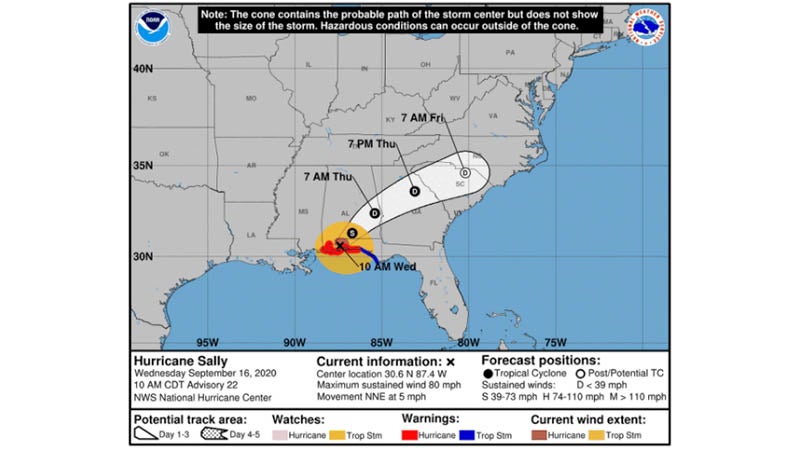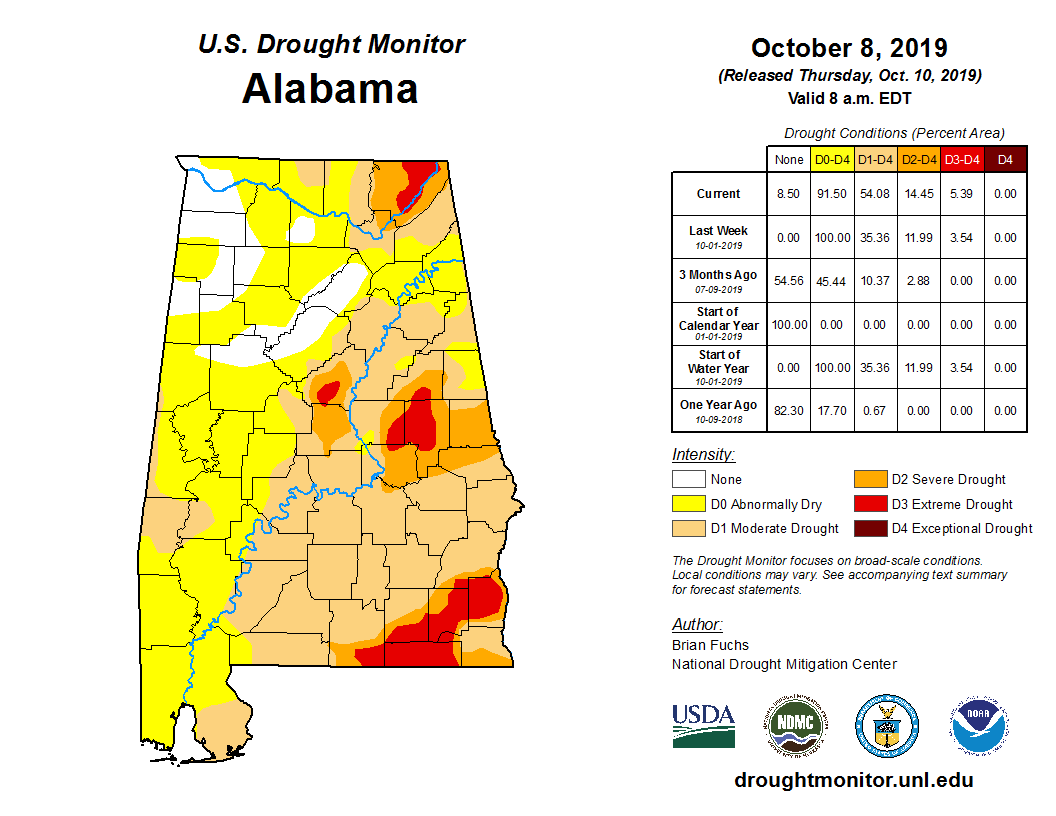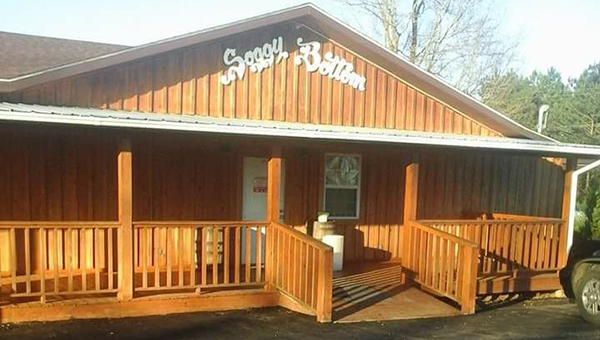White: County’s resources limited, can only up taxes for education
Published 12:22 am Wednesday, September 13, 2017
Covington County, like all other Alabama counties, has its proverbial hands tied when it comes to increasing revenue, Commission Chairman Greg White told Rotarians Tuesday.
“We can only levy sales taxes for education,” White said.
Commissioners are poised to do that after the Covington County Board of Education asked for a half-cent increase in county sales tax last week.
“I support that,” White said, “Even though I don’t like sales taxes.”
Alabama’s Constitution of 1901 prohibits county commissions from raising other taxes without going through the state legislature.
The proposed half-cent sales tax, which commissioners are expected to vote on in two weeks, is projected to generate, $2 to $2.4 million. State law dictates that it must be distributed on the foundation program, according to enrollment. Approximately half of it will go to Covington County Schools, 28 percent to Andalusia and 22 percent to Opp.
“I support that,” White said. “I think we have no choice but to look at this.”
White, a previous commission chairman who sat out two terms before winning election last year, said the county is operating with the same sum of money for roads and bridges that it had in 1995. Those funds come from gasoline taxes, which are based on the numbers of gallons sold, not the price of gasoline. As more alternative fuels are used, White said he believes those funds will decrease.
Earlier this year, the state Association of County Commissions lobbied for a bill authorizing a bond issues for roads and bridges, and instituting a new, three-cent statewide gasoline tax to repay the funds. The measure would have generated $13.2 million of Covington County, 20 percent of which would have been allocated to municipalities.
“The legislature realized it would be foolish to act on this for counties without adding anything for the state Department of Transportation,” White said. “They decided to make it a 9-cent per gallon tax, still with a 3-cent tax for counties.”
Ultimately, that measure failed. But White said he expects to see it again.
“Talk is it will come back up,” White said. “I don’t think it will happen in the coming year because we have a General Election year.”
Covington County maintains 670 miles of dirt roads, he said, but that number will increase.
“If we don’t have money to do road work, more of our paved roads will deteriorate, and go back to dirt roads,” he said.
Earlier this year, local commissioners spent considerable time discussing the possibility of getting local legislation passed adding fees for the service of court documents by deputies, and adding booking fees for those arrested and placed in the county jail. Proceeds would have gone to the county’s general fund.
Commissioners voted 4-0 in favor of asking the local legislators to pass the legislation. To date, it has not been proposed.
“I think there was a lot of pushback on it,” White said.
White said medical costs alone for those incarcerated in the county jail increased from $125,000 a year seven or eight years ago, to more than $450,000 this year.
White said commissioners are currently working on the county’s FYE 2018 budget, which begins in October, and hope to add a 3 percent cost of living raise for employees.




